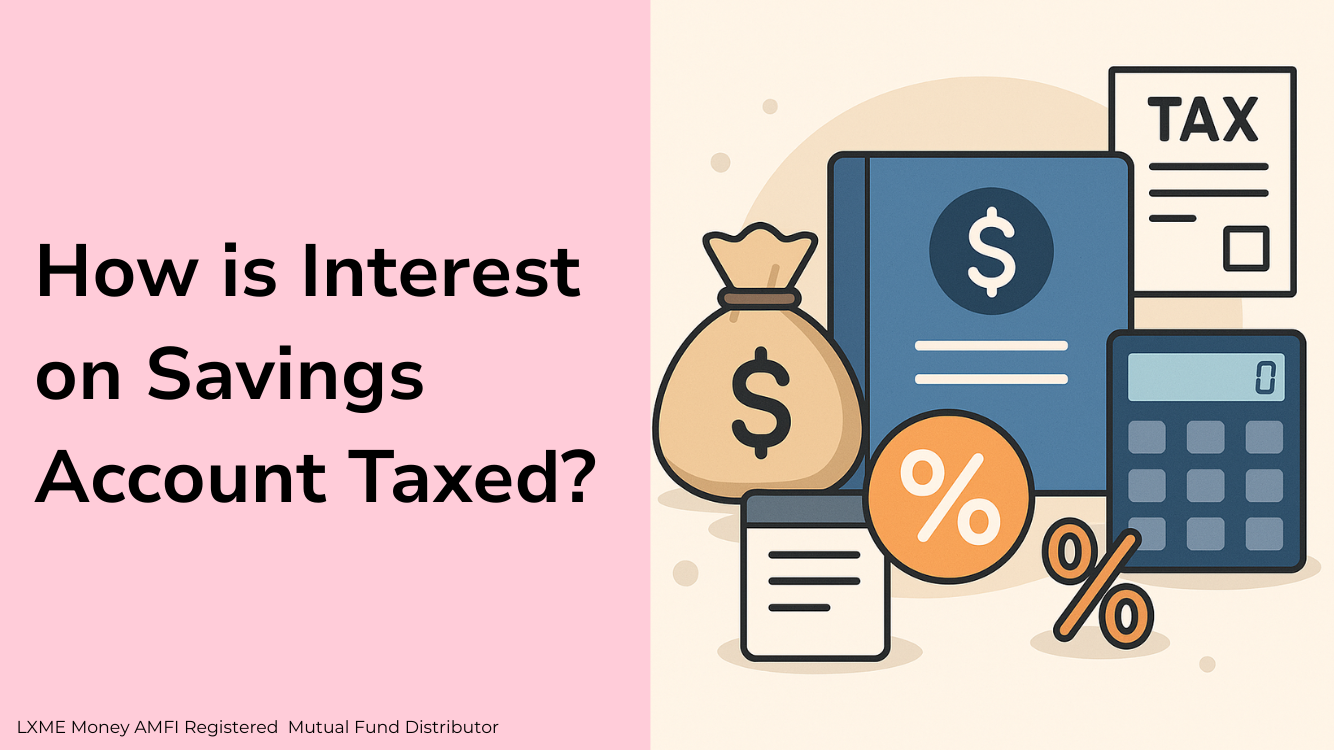Munmun Deora, working as a team lead recently got the promotion that she has been waiting for. Along with her appraisal, she even got some Diwali bonus which she spent all on shopping sprees, ordering in more frequently and other wants and desires.
Even with an increase in her monthly earnings, Munmun has been saving much less. She has increased her monthly spends due to an increase in her purchasing power which leaves her in a similar situation like every other month even when her income was much lesser.
Have you ever been in a similar situation?
It is very important to understand the reasons why you are saving less.
1. Spending beyond your means:
Although it is lovely to dream big, earning more does not mean you need to spend more without sticking to your budget. As our income increases, our wants also increase, and it is critical to control such desires.
2. Not budgeting:
Keeping track of your spending is essential for saving money. To analyze your finances, you must know where your money is going. By looking over your bank and credit card statements, you can keep track of your expenses, enabling you to budget.
3. Not increasing your investments:
When earnings increase, you may need to pay attention to your assets. Instead of investing, one may spend on their wants to fulfil their luxurious desires. It is, however, very critical to save for rainy days. All you need to do is invest a portion of your monthly income. These investments can gradually start increasing when your earnings increase. This will ensure that you have a cushion saved up for emergencies
One great example of saving less when earnings increase is the Bollywood movie Ta Ra Rum Pum, where a regular taxi driver overnight turns into a racer who starts earning more and spending on luxuries to fulfil his wants and desires even after being warned to save more. Eventually, he meets with an accident and cannot participate in races. With no emergency fund or savings, they need to sell off their belongings to pay off the creditors, move into a smaller house and struggle to look for alternative employment opportunities.
Here are a few hacks which will help you save more:
1. Follow the 50:30:20 rule:
Set aside 50% of your income for needs, like groceries, rent, bills etc. 30% of your income should be for your wants, like buying a new phone. The remaining 20% of your income should go into investments.
2. Start a SIP:
A Systematic Investment Plan, better known as SIP in mutual funds, will enable you to be disciplined in managing money. Set an auto-debit plan to avoid the hassle of investing every month. All you need to do is set a date to deduct the money monthly. Start your money journey with Lxme.
3. Create a budget plan:
Making a budget plan every month is very crucial to monitor your spending. By reviewing your previous month’s budget, create new strategic budget. It will ensure you avoid overspending when your income increases. Download Lxme’s Monthly Budget Planner: Where-is-my-Money-Going-Lxme-Monthly-Budget-Journal1
4. Start saving small:
After investing 20% of your income, start saving small from what you have left. It is okay to resist impulse purchases such as that new dress or phone. Take part in Lxme’s Savings Challenges to start saving. Once you save X amount, you can also further invest that money.
“Do not save what is left after spending, but spend what is left after saving.” – Warren Buffett












